Industrial rainwater management and treatment
Water is an essential resource for industry, but also a source of risks and constraints. Indeed, run-off water can lead to chronic and/or accidental pollution, impacting safety and the environment. It is therefore essential to implement appropriate solutions to treat and regulate stormwater in industry, while complying with current regulations.
What are the main issues involved in treating stormwater in industrial facilities?
Stormwater is the water that comes from precipitation and runs off the surface of the ground or into sewer systems. It can be contaminated by natural or man-made pollutants, such as heavy metals, hydrocarbons, pesticides, micro-organisms and so on. These pollutants can have a negative impact on water quality, human health and the ecosystem.
Stormwater can also pose control problems, particularly in the event of heavy rainfall or flooding. It can cause overflows, erosion, landslides, damage to infrastructure and industrial equipment, and so on. They can also lead to production losses, additional costs, penalties or sanctions.
The management and treatment of stormwater in industrial environments are therefore major challenges for ensuring the safety, performance, competitiveness and environmental responsibility of companies.
It should also be noted that this resource can be used to meet water needs on the industrial site, whether for processes, washing areas or watering.
What regulations apply to stormwater management in the recycling industry?
The European Water Framework Directive (WFD) of October 23, 2000 set an obligation to achieve good status for water bodies and to ensure that their current status remains unchanged. In France, these objectives are set out in the Schémas Directeurs d’Aménagement et de Gestion des Eaux (SDAGE).
But it was the Law on Water and Aquatic Environments (LEMA) no. 2006-1772 of December 30, 2006 that updated the overall framework defined by the laws of 1964 and 1992, in order to meet the new challenges of European water policy and in particular the WFD of October 2000, and in particular Article 20 of this law, which sets out guidelines that directly or indirectly concern stormwater.
Moreover, it is now recognized that discharges into the aquatic environment during wet weather can also cause temporary or long-term environmental degradation. Raintime pollution is a significant source of micropollutants (zinc, copper, ammonium, pesticides, etc.) to aquatic environments, which can compromise the use of water resources (bathing areas, leisure activities, fishing).
The recycling and waste recovery industries are subject to :
- prefectoral decrees specific to each project, imposing constraints on quantity (flow) and quality.
- The Order of February 2, 1998, as amended by the Order of February 28, 2022, concerning water abstraction and consumption as well as emissions of all kinds from installations classified for environmental protection and subject to authorization, will also apply.
Solutions provided by Saint Dizier Environnement
Our know-how and experience over more than 50 years enable us to support you in a wide range of industrial applications, such as :
- Wastewater from washing areas, fuel distribution areas, mechanical workshops, etc., but also from renewable marine energy sources, such as offshore platforms. (hypertext link to MRE data sheet)
- Runoff from methanization activities, the oil industry, foundries, quarries and cement works…
- Fire safety, on industrial sites or logistics buildings, with the installation of fire traps…
Our product range covers all the needs of manufacturers in all sectors:
- Pre-treatment of water, with sludge traps, grease separators or hydrocarbon separators
- Rainwater decanters and depolluters
- Rainwater treatment units
- Valves, dampers
- Fire traps
- Water recycling or recovery units
- Water storage
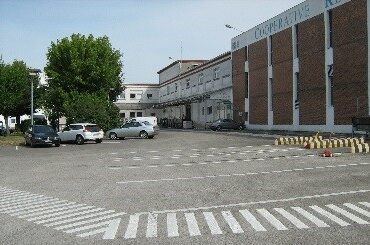
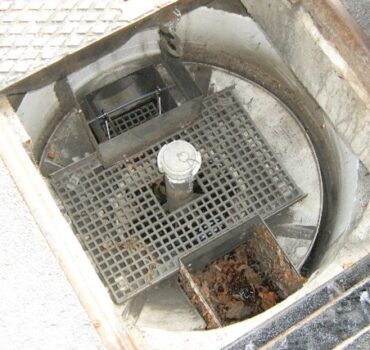
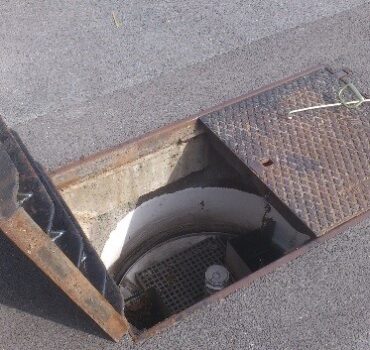
Installation of 8 STOPPOL10CKF units at the CRVC site in Reims (51) to treat runoff from roadways before discharge into the natural environment.
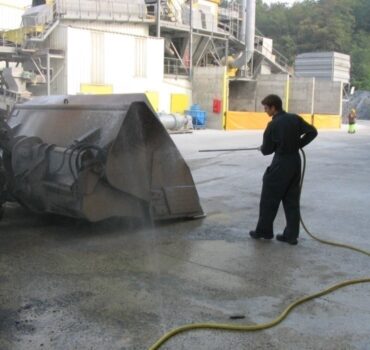
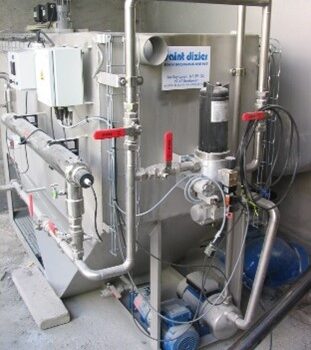
Treatment and reuse of site machinery wash water
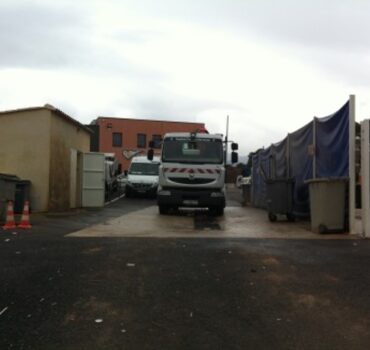
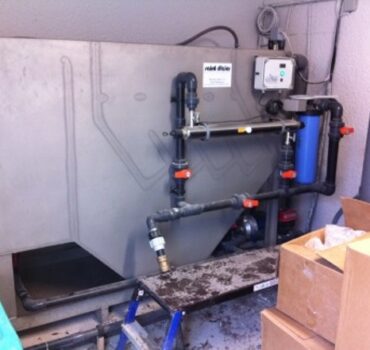
Treatment and reuse of washing water from household waste skips
We can also offer you several services:
- Audit your installation
- Dimensioning study, as illustrated below:
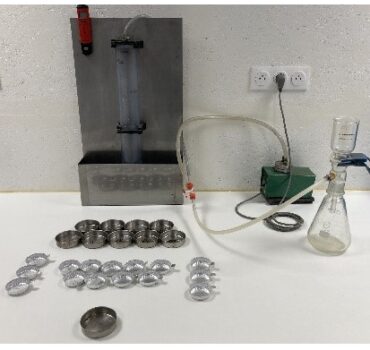
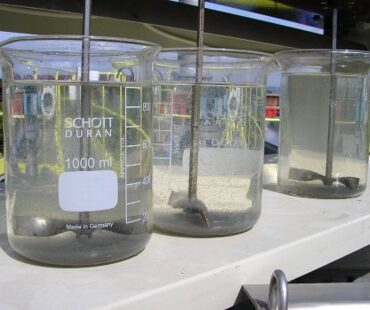
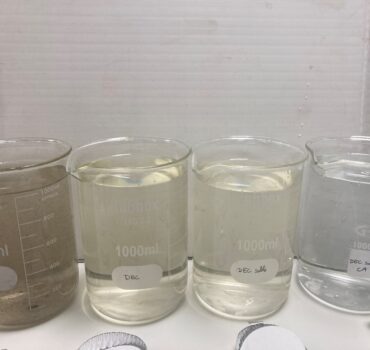
Laboratory study of treatability, enabling precise sizing of the treatment plant to meet discharge targets
- Installation and commissioning of equipment
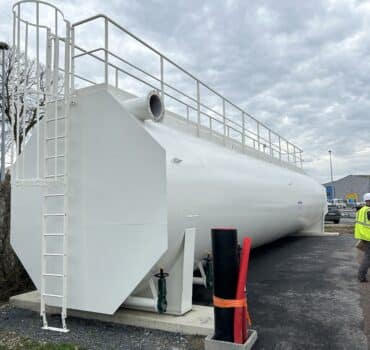
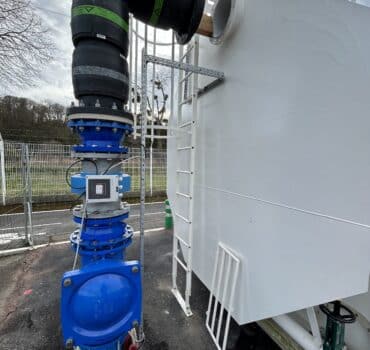
Installation and commissioning of a rainwater treatment unit on an industrial site by our works department
- Design and manufacture of customized solutions to meet your exact requirements,
- Operating assistance (contracts with monitoring, control and follow-up frequencies)
Consult our product ranges or contact us for a personalized proposal.









